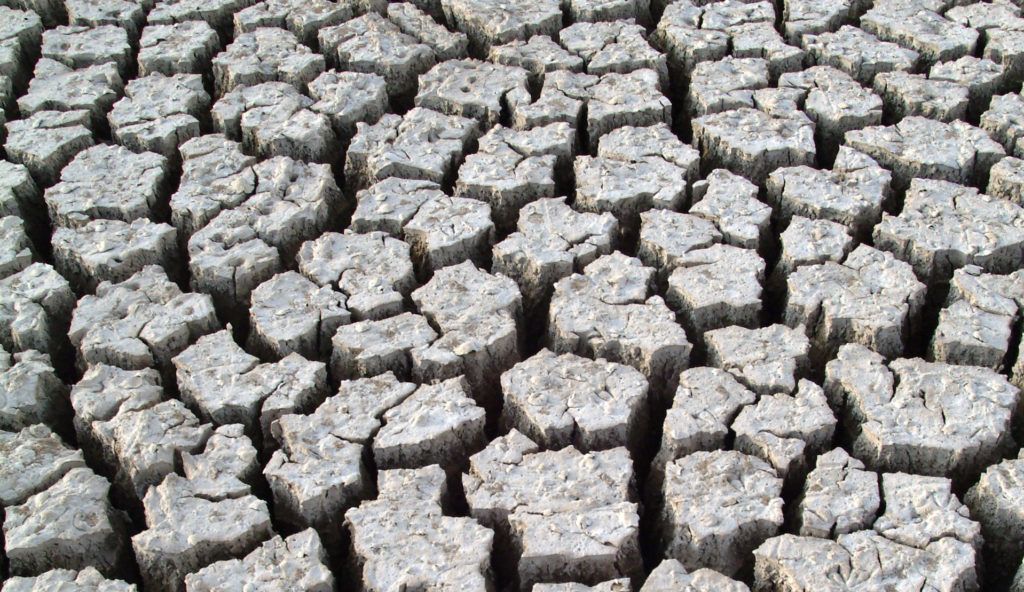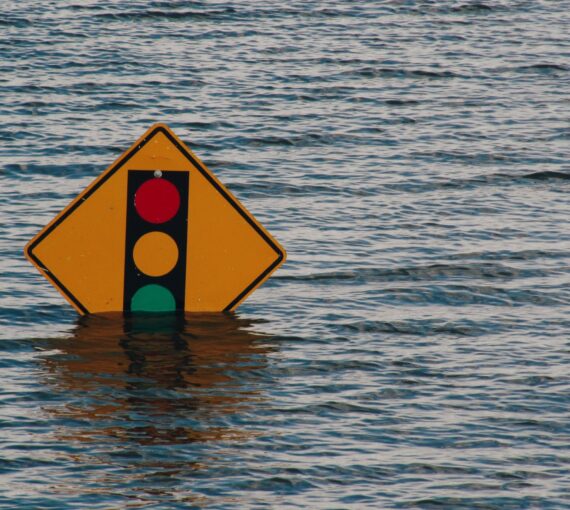
Climate change is already having a significant impact on ecosystems, economies and communities.
Rising average temperatures do not simply mean balmier winters. Some regions will experience more extreme heat while others may cool slightly. Flooding, drought and intense summer heat could result. Violent storms and other extreme weather events could also result from the increased energy stored in our warming atmosphere.
One of the most serious impacts of climate change is how it will affect water resources around the world. Water is intimately tied to other resource and social issues such as food supply, health, industry, transportation and ecosystem integrity.
The impacts of climate change are already being observed across Canada’s diverse geographic regions. Canada’s forests are expected to be among the most vulnerable in the world to climate change. These forests support countless species and ecosystems and are among the many examples of at-risk habitat. The global meltdown of ice sheets and alpine glaciers represents another, taking an immense toll on Arctic ecosystems.
Climate change also threatens the health of our children and grandchildren through increased disease, freshwater shortages, worsened smog and more. These impacts also pose incalculable economic risks that far outweigh the economic risks of taking action today.
The world’s leading scientists report that to prevent dangerous levels of global warming governments should act to limit global warming to less than 2ºC by taking concerted action to reduce greenhouse gas emissions.
The sooner we act to reduce greenhouse gases, the less severe impacts will be. Now is the time to implement solutions.



